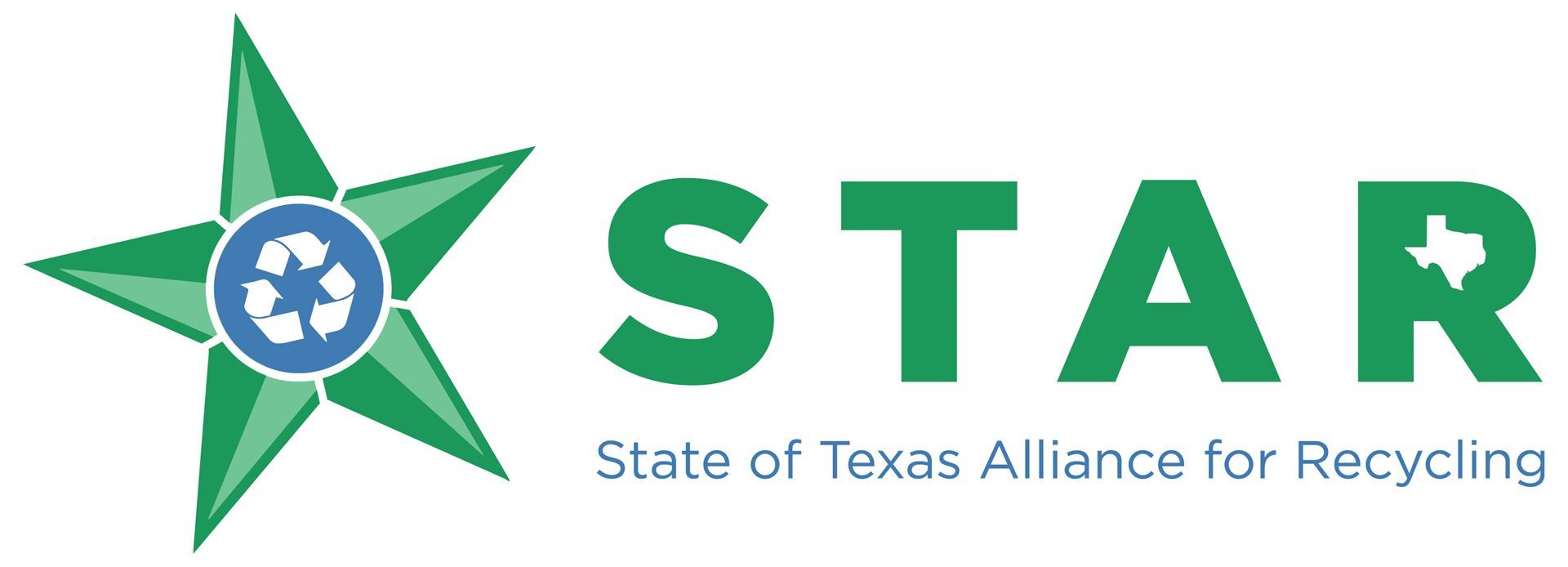|
Raleigh, NC — The US Composting Council and the U.S. Composting Infrastructure Coalition applauds Representatives Julia Brownley (D-CA-26), Chellie Pingree (D-ME-01), and Ann Kuster (D-NH-02), for introducing the Cultivating Organic Matter through the Promotion of Sustainable Techniques (COMPOST) Act in the U.S. House of Representatives and introduced by Senator Cory Booker in the U.S. Senate.
The COMPOST Act meets the growing demand from individuals and businesses to compost food scraps and certified compostable packaging. Assisting the transition to a circular economy, the COMPOST Act would create new USDA grant and loan guarantee programs for composting infrastructure projects, including large-scale composting facilities as well as farm, home, or community-based projects. The bill would add composting as a conservation practice for USDA conservation programs. Both the act of producing compost from organic waste and using compost on a farm would qualify as conservation practices. This bill addresses a critical need for regions and communities around the country looking to expand access to food waste composting, an important step to lead the shift to net-zero.
“Implementing innovative and responsible waste solutions like composting serves as an opportunity to address key environmental challenges and bring positive economic impacts to people and communities. While there is still significant need for robust investment in composting infrastructure, the COMPOST Act is a critical step in the right direction,” said Jessica Bowman, Executive Director of the Plant Based Products Council, a member of the Coalition.
“By investing in composting infrastructure, we can help address our climate crisis, create local jobs and improve both our agricultural and urban soils,” said Frank Franciosi, Executive Director of the U.S. Composting Council, a member of the Coalition. “The benefits of increased compost production include reduced volumes of organic materials flowing to landfills, lowered methane emissions, sequestering carbon back into the soil and closing the loop on a circular economy.”
“A massive investment in composting infrastructure is needed for rural and urban America. Composting can restore depleted soils, protect the climate and create thousands of new jobs. We won’t see these benefits if we don’t help farmers, entrepreneurs, and local government build needed systems and programs,” said Brenda Platt, Director of the Institute for Local Self-Reliance’s Composting for Community Project, a member of the Coalition.
"Lack of widespread food scrap collection and processing infrastructure is one of the biggest barriers to the growth and success of the compostable products industry," notes Rhodes Yepsen, Executive Director of Biodegradable Products Institute (BPI) and Coalition member. "Compostable products, unlike recyclables, are not collected on their own. They are collected as part of a broader organics stream that includes food scraps. USCIC partners estimated that it would take about $2 billion to expand compost access nationally, which is why the Act is calling for this level of funding.”
----30----
|
